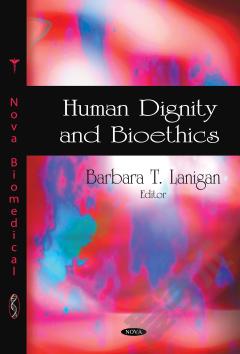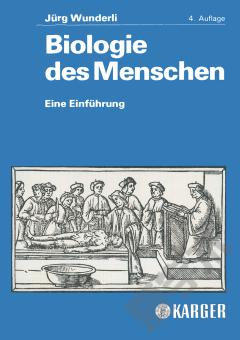Human Dignity and Bioethics
Human dignity—is it a useful concept in bioethics, one that sheds important light on the whole range of bioethical issues, from embryo research and assisted reproduction, to biomedical enhancement, to care of the disabled and the dying? Or is it, on the contrary, a useless concept—at best a vague substitute for other, more precise notions, at worst a mere slogan that camouflages unconvincing arguments and unarticulated biases? Although the President’s Council on Bioethics has itself made frequent use of this notion in its writings, it has not, until now, undertaken a thematic exploration of human dignity, its meanings, its foundations, and its relevance for bioethics. In the meantime, at least one critic, noting that “appeals to human dignity populate the landscape of medical ethics,” has recently called into question whether human dignity has any place in bioethical discourse at all.1 It would seem timely, then, for the Council to take up the question of human dignity squarely, with the aim of clarifying whether and how it might be a useful concept in bioethics. That is the purpose of the present volume of essays, some contributed by Council Members, others by guest authors at the invitation of the Council. The task of this introduction is to illuminate, in a preliminary way, the question of human dignity and its proper place in bioethics. To that end, it will first give some examples of how human dignity can be a difficult concept to apply in bioethical controversies. It will then explore some of the complex roots of the modern notion of human dignity, in order to shed light on why its application to bioethics is so problematic. Finally, it will suggest, tentatively, that a certain conception of human dignity—dignity understood as humanity— has an important role to play in bioethics, both now and especially in the future.
{{comment.content}}








 京公网安备 11010802027623号
京公网安备 11010802027623号